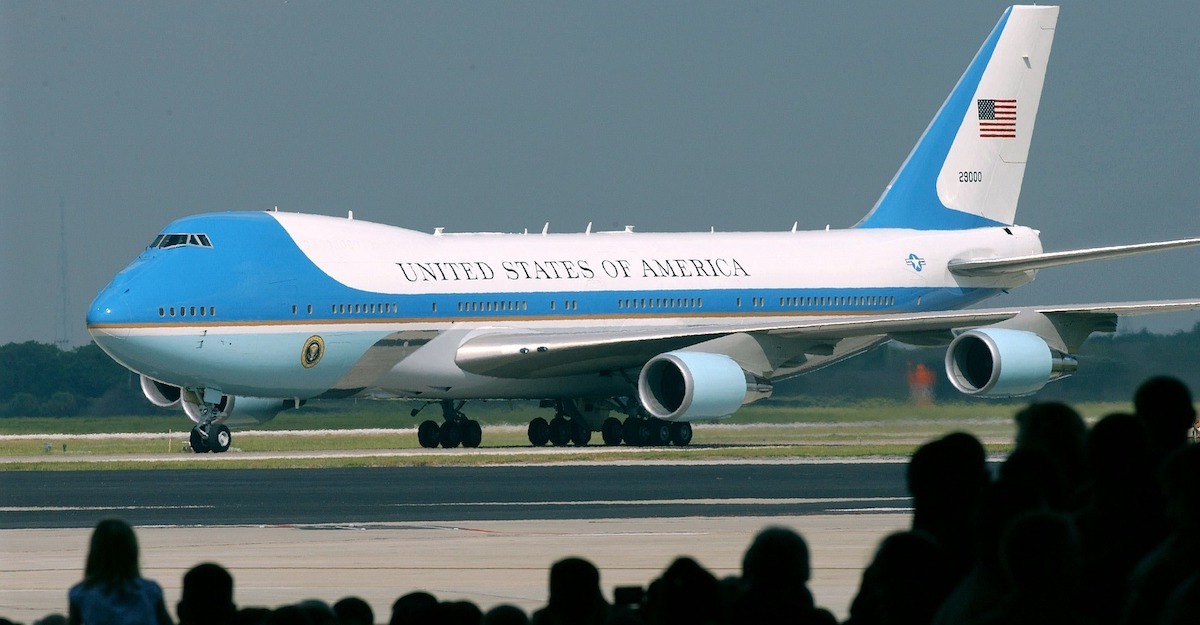The presidential election could turn out to be a referendum on how Americans view their place in the world.
Not since World War II has there been a president with a nationalist viewpoint to the extent Trump has while Biden represents a more traditional Democratic outlook, said Professor John Hillen of the Foreign Policy Research Institute, and EverWatch Corporation. Upon entering office, Hillen said, Trump cut against the grain while keeping his promises and upended a number of national policies.
“And President Trump held to his promises,” Hillen said. “On trade, he has broken with a decades-long bipartisan consensus around free trade that has seemed to leave whole constituencies out of its benefits and fuel the rise of competitive states—at our expense in his mind. He has been more skeptical than even hardline Republicans of the past about international organizations, treaty arrangements, alliances, arms control agreements, and diplomacy in general.”
While Trump entered foreign policy as a relative newcomer after a successful career as a businessman, Biden has a record to draw on. Hillen states that after the election, it will be hard for the winning candidate to roll back toward a conventional approach to foreign policy.
“One (candidate) does not want to anyway, and the other very much might want to, but in both cases that toothpaste of reality cannot be put back into the tube,” Hillen said. “And those realities were accelerated by the last two administrations’ rather diffident attitude towards American leadership.”
For example, Trump has withdrawn from a number of treaties such as the Paris Climate Accords and Iran nuclear deal, something Biden says he intends to reverse. There are also treaties such as NAFTA and the trade stance toward China where Trump has produced results. Hillen said both are fairly well aligned in terms of military in both spending and approach to foreign wars although he feels it is somewhat short-sighted to withdraw a presence on the international stage. He said he was hopeful both candidates would change philosophies toward realizing the need for a "high-impact, high-footprint deployment."
In the overall picture, Hillen said Biden might be under more pressure in his policy approach
"In conclusion, if I were to put both President Trump and Vice President Biden on my map of foreign policy traditions and ways of thinking, I think you would see as represented here that President Trump is definitely the most nationalist president we have had since World War II and the most skeptical of an activist internationalist leadership posture for the United States,” Hillen said. “Vice President Biden, on the other hand, is a traditional Democratic realist, but will be under a lot of pressure from a changing party to satisfy emerging and energetic progressive priorities that have not been well represented in the past.”


 Alerts Sign-up
Alerts Sign-up